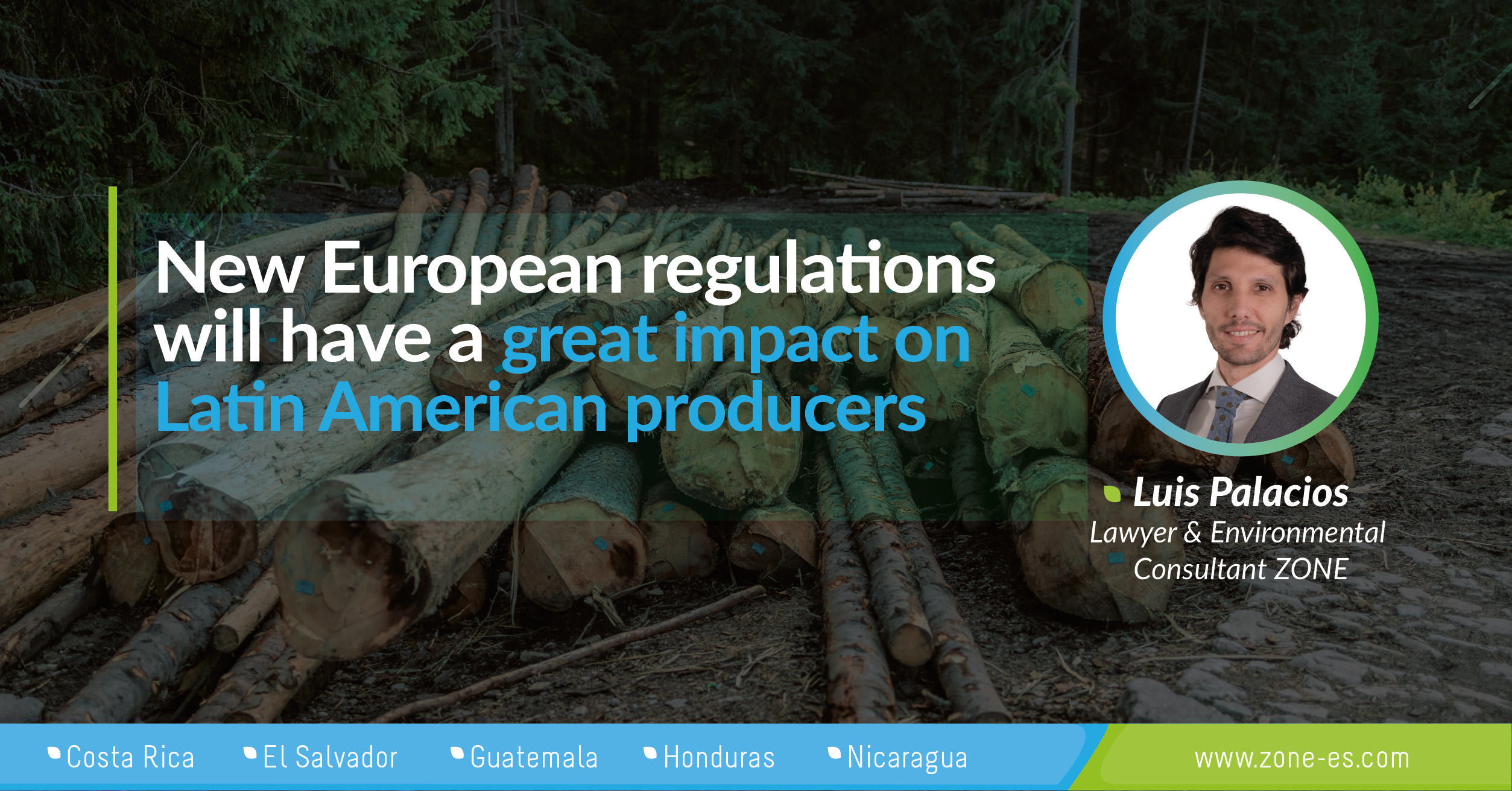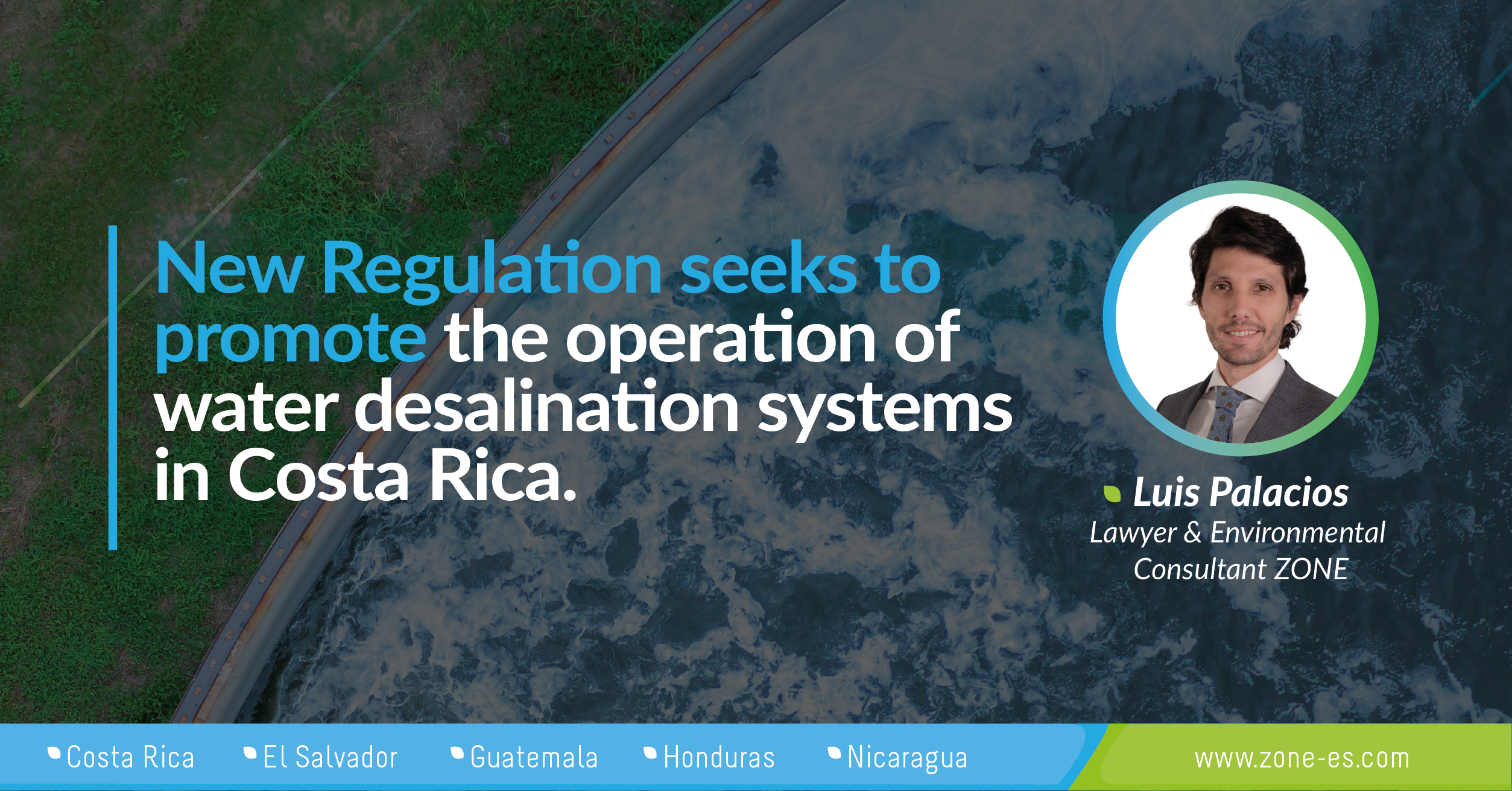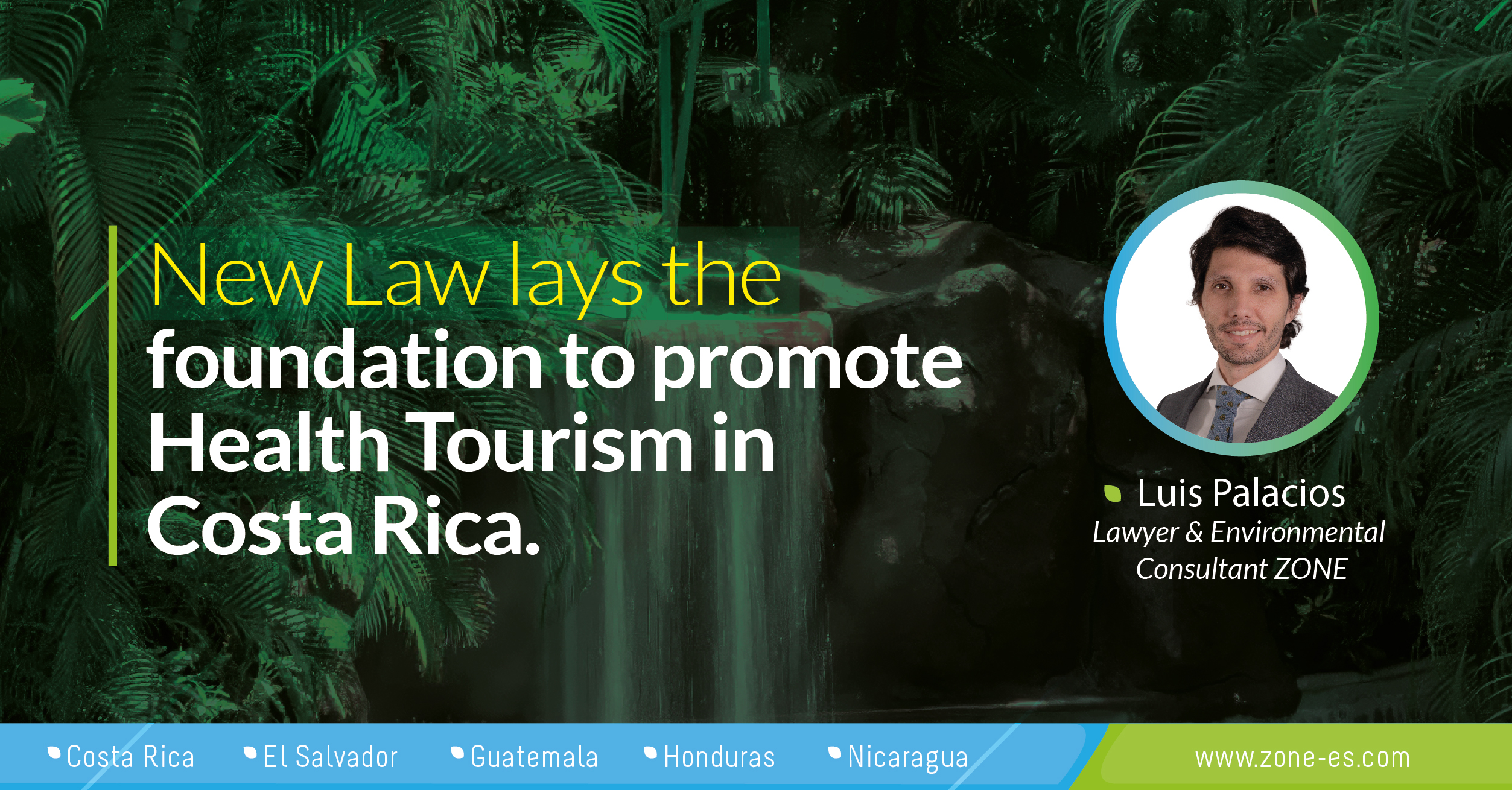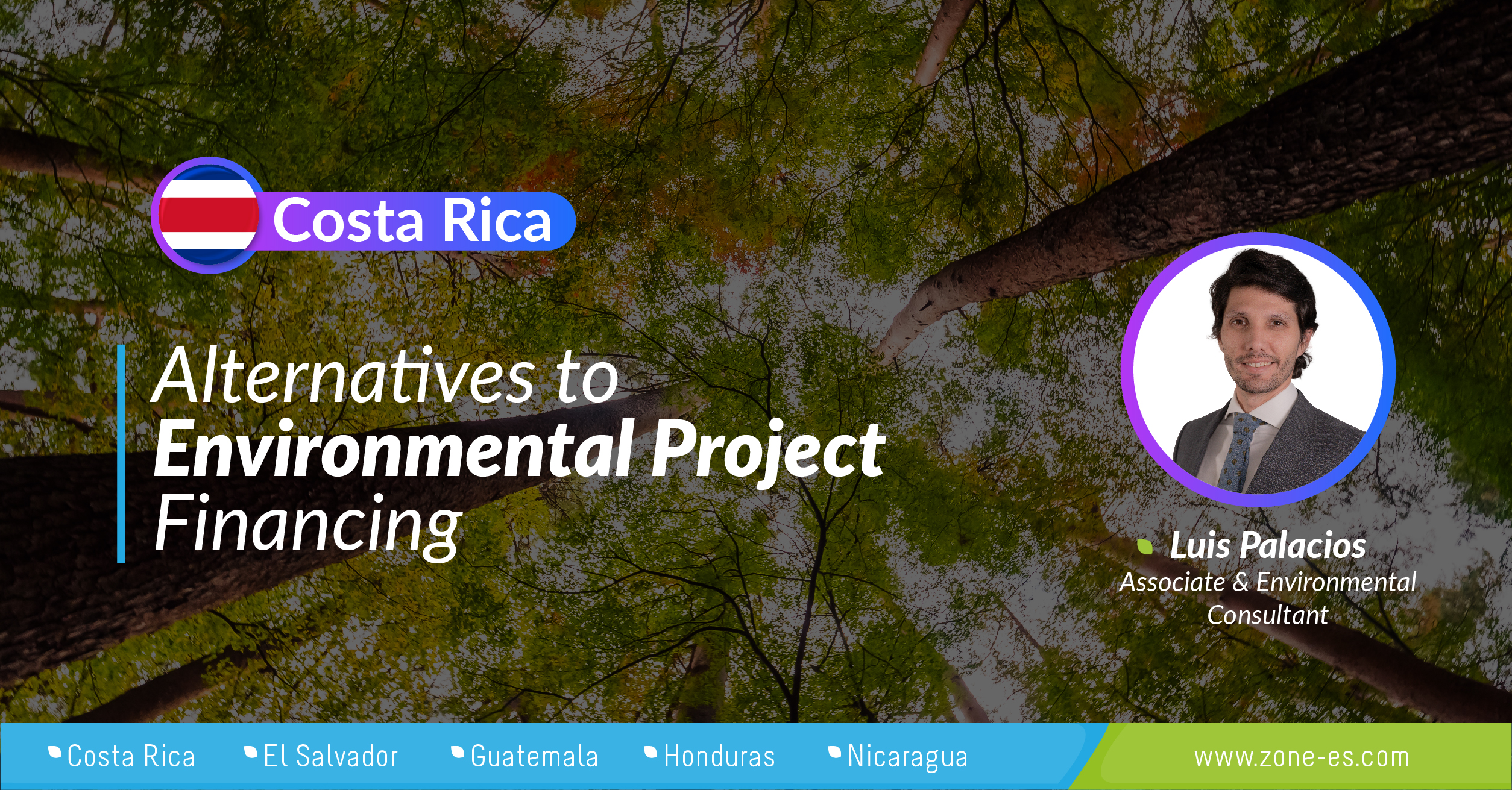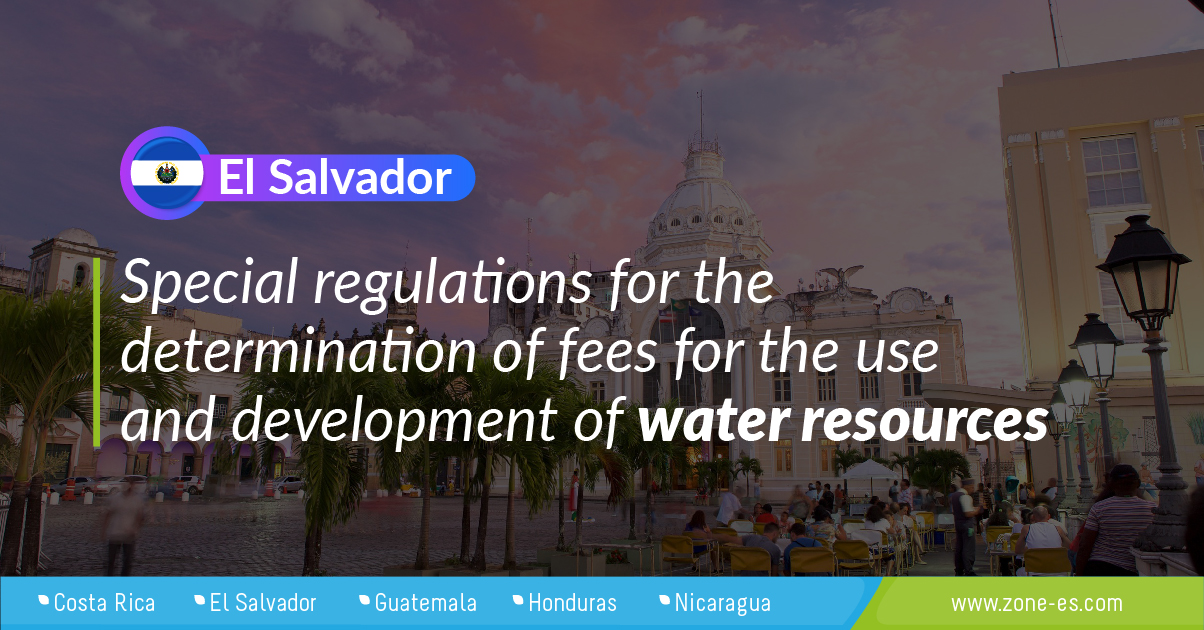Recently, the Regulation regarding the marketing in the Union market and the export from the Union of certain raw materials and products associated with deforestation and forest degradation was approved. This regulation would prohibit the entry into the European Union of certain agricultural products that have caused deforestation in their country of origin. Latin American producers are particularly affected by this rule as they must now ensure that their products conform to European market standards. Originators seeking to import or market forest products (wood), bovines, cocoa, coffee, oil palm, rubber, soybeans, or goods derived from these products must:
Submit a due diligence statement indicating that any analysis showed a high degree of certainty that the product:
- is free of deforestation under European standards since December 31, 2020, and
- was produced in accordance with the environmental, labor, human rights, and anti-corruption laws of the country of origin.
To make this declaration, importers, or traders must:
a) Obtain information about the product by collecting and filing the following for 5 years:
- Description of the product and its raw materials.
- Country and region where it was produced.
- Geolocation of all plots of land involved in the production of the product.
- Data of the people who supplied the products.
- Sufficiently conclusive and verifiable information indicating that the products are free of deforestation and were made in accordance with the legislation of the country of origin.
b) Evaluate the collected information. Importers or marketers must analyze the information mentioned in the previous section and determine whether there is a risk that the goods have been the product of deforestation or breaches of the country of origin’s regulations. A product may only enter the European Union after it has been determined that there is no risk of non-conformity, or that such risk is negligible.
This risk assessment should pay particular attention to circumstances such as:
- The level of deforestation assigned to the product’s originating country by the European Union.
- The state of forests in the country of origin.
- The source and reliability of any deforestation information.
- Concerns about corruption, document falsification, or lack of law enforcement in the country of origin.
- The complexity of the supply chain.
c) Take measures to aim to reduce uncertainty. If there is some risk that a product does not comply with the regulations as a result of the analysis, importers, or marketers can take the following measures to reduce such risk:
- Request more information.
- Conduct independent studies or audits.
Importers and traders must also establish policies and controls to reduce the identified risks, appointing a compliance manager responsible for enforcing this regulation.
The evaluation duties (section 1) and risk reduction (section 2) will not apply when the interested parties have ensured that the products and their raw materials come from regions classified as low-risk by European authorities. However, those seeking to take advantage of this exception must provide documentation showing a low risk of circumvention, including:
- Due Diligence System: Importers or marketers of the products must implement a framework of procedures and measures to guarantee that the imported products comply with the regulations and review such measures at least once a year.
- Publication on the Due Diligence System: Every year, importers, or merchants of regulated products must disseminate information on their Due Diligence System as widely as possible, including the Internet. They must also report on the measures taken to ensure that the products they handle comply with the regulations.
Undoubtedly, this is a revolutionary change with effects that will reverberate loudly inside and outside the European Union:
- Within the Union, it entails a series of new requirements for collecting and analyzing information and disclosing it in part to the public.
- For Latin American agricultural producers, this regulation strengthens the need for legal compliance practices in crop production and collaboration with European buyers to provide them with information on product compliance.
Besides posing significant challenges and opportunities for companies, this regulation foreshadows further enactments to support environmental protection and the fight against climate change. It is also crucial to highlight that these initiatives align with the European Union Action Plan for Sustainable Development, published in 2018, indicating the likelihood of seeing additional regulations of this nature in the near future.
